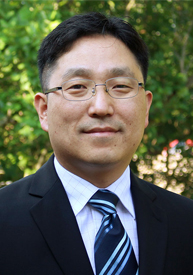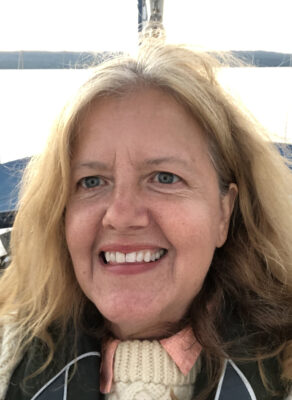

![]() Computational Thinking Papers in LearnTechLib (900+)
Computational Thinking Papers in LearnTechLib (900+)
There is much interest in educational reform and STEM. The Association for Computing Machinery (ACM) and the IEEE computer society have in recent years supported initiatives in K12 to help teachers in teaching STEM and to increase the numbers of interested students who follow careers in the computational sciences. Traditionally STEM subjects are considered to be science, technology, engineering, and mathematics. Over the past two years there have been national initiatives promoting STEM that include: The National Governor’s Association: Innovation America, the National Science Foundation’s: Advanced Technological Program, the US Department of Labor’s Wired program and NETP, the call for a National Technology Plan. However, these initiatives and those by our National Laboratories while promoting STEM in K12 often fall short at making connections with teachers and teacher educators. Our role then is helping K12 teachers to make those connections in their understandings, their pedagogy, and within content areas. We also have the responsibility at bringing teacher education along at the same time. We need to help teacher educators understand, alter their pedagogy, think about their content and experiences in a different way to help make these connections.
Ironically, there is a common thread that runs through all STEM subjects. One thread that is common to STEM and common to the work of scientists. This is the idea of computational thinking. To encourage computational thinking teachers must ask questions related to problem solving and the use of technology. Some examples include: How is human and computer intelligence alike, what are their limits?; How difficult is the problem?; How can it be solved? How can technology help us solve problems?; and how might computational strategies help us solve the problem.


